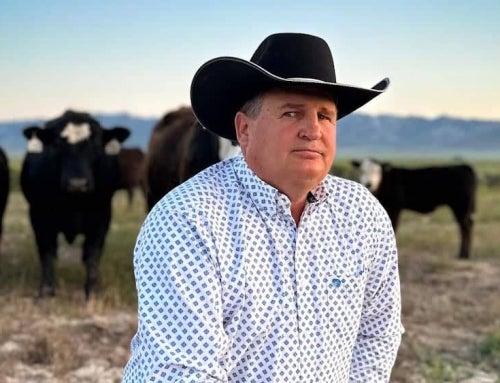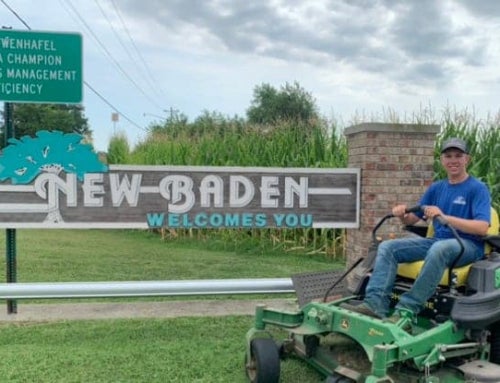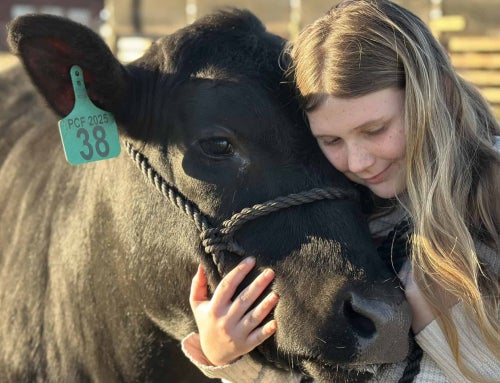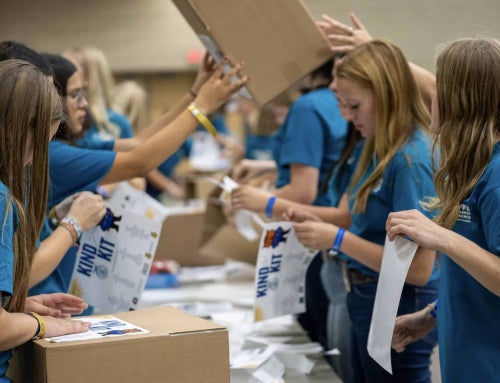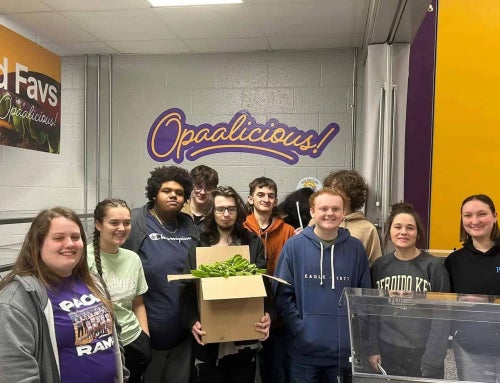As a child, Maddison Caldwell experienced racing thoughts, trouble sleeping and constant worries. It wasn’t until she took a psychology class at Lake Land College in Mattoon, Ill., that she realized these could be symptoms of anxiety.
In 2016, Caldwell, now 24, made an appointment with her family doctor in Elmwood, Ill. She was diagnosed with depression and anxiety, and she was referred to a therapist, but treatment didn’t help.
“The therapist didn’t understand the agriculture lifestyle, and the doctor kept increasing my medication doses,” she says. “No one ever suggested that I switch to a new medication or see a new therapist. The system failed me.”
The Elmwood FFA alumna felt helpless. In 2019, Caldwell attempted suicide.
The suicide rate among youth ages 10 to 24 increased more than 57% between 2007 and 2018, according to the U.S. Centers for Disease Control and Prevention (CDC).
Suicide is the second leading cause of death in this age group. The risks are especially high among rural youth, according to Ron Manderscheid, an adjunct professor in the department of mental health at Johns Hopkins University and former executive director of the National Association for Rural Mental Health.
“In rural areas, there is often a lack of access to mental health and suicide prevention resources,” says Manderscheid. “If no one is talking to you about it in your school, church or community, you won’t know about programs that can help.”
Following her suicide attempt, Caldwell was admitted for inpatient treatment. She put on her game face, followed the rules and completed all the steps to graduate from the program. In April 2020, four months after completing impatient treatment, Caldwell made a second suicide attempt.

Maddison Caldwell is sharing her story to offer hope and encouragement to FFA members who may be struggling with mental health.
“From the outside looking in, I had the perfect life,” she recalls. “I won National FFA proficiencies, traveled all over the U.S. showing cattle and pigs, and had a full tuition scholarship to junior college. I had so much support, but something wasn’t right in my brain.”
Caldwell attended outpatient treatment in Chicago where the right combination of medication and therapy put her on the road to recovery. She also began talking to others about her experiences.
“I became more open to talking about the fact that things weren’t good and talking about it helped me,” Caldwell says.
Manderscheid encourages youth experiencing depression and anxiety to seek help.
“Talk to your family, teachers, doctor, community, friends,” he says. “Don’t go it alone.”
Caldwell has started sharing her story whenever she can. She hopes one day she’ll take the stage as the keynote speaker at the National FFA Convention & Expo to share her story and talk about the importance of seeking help.
“In the agriculture community, we take so much care of our animals and each other and we don’t take care of ourselves,” she says. “I thought I was the only one feeling like I did, and I struggled silently. We can’t be afraid to talk about it.”
The CDC has a list of online resources to support mental health. Call the U.S. National Suicide Prevention Lifeline at 800-273-8255 if you or someone you know is struggling. Starting in July, you can also dial 988 to get connected to immediate support at the hotline.



